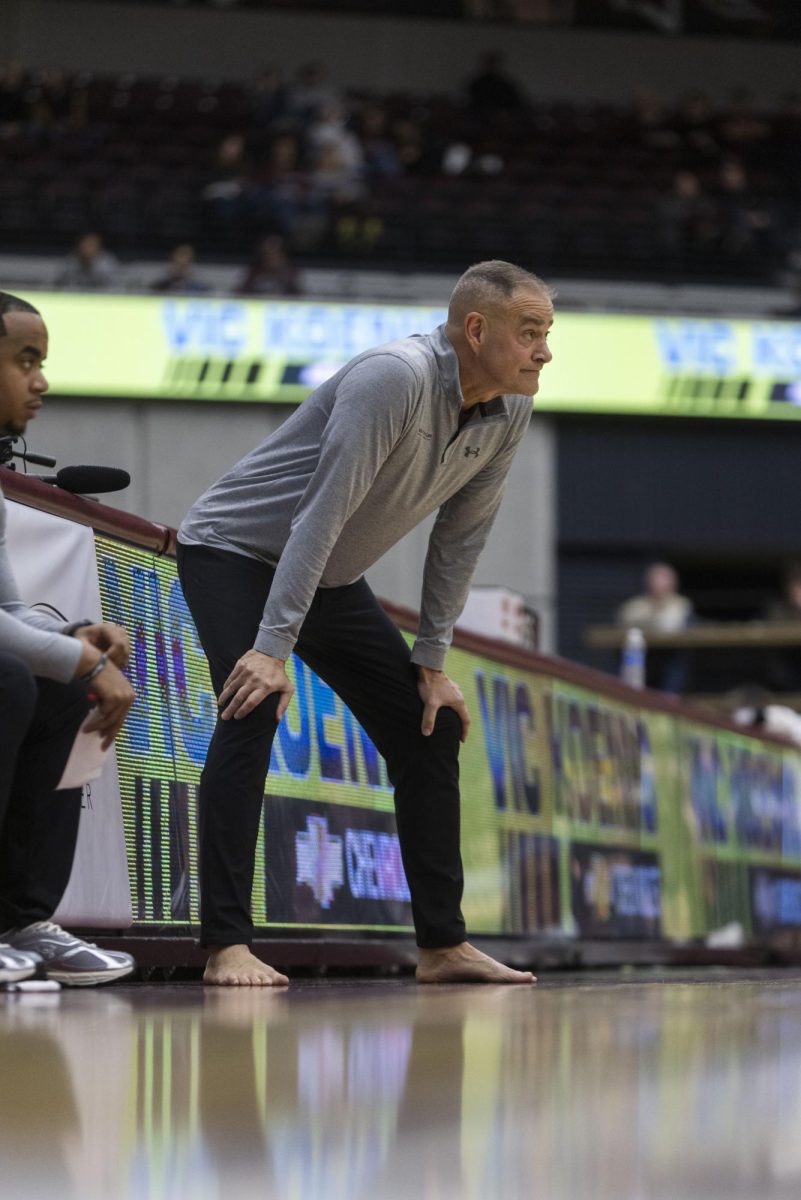Recording industry cracks down on file sharing
September 3, 2003
College students in the line of fire
DuVale Riley has never downloaded a song from the Internet. The photojournalism freshman said he prefers to buy a CD when he likes a song to show his support to the artist.
But not every college student would agree, especially those who download most of the music they listen to.
Advertisement
The Recording Industry Association of America recently announced its intentions to take legal action against those who download music and participate in substantial file sharing. This includes college students.
“It’s treated very seriously,” said Wes Will, a network specialist for SIUC. “You can lose a lot of access.”
When a student downloads music using file-sharing programs such as Kazaa and Morpheus, they are violating copyright laws. File sharing happens when a student allows others access to download files, including mp3s, from his or her computer.
“The first round [of lawsuits] will target individuals who upload music,” said a spokeswoman for the RIAA.
When a student is caught file sharing, the penalties can be stiff. The industry has left the punishment up to the courts but has asked for reparation for damages and injunctions against downloading for the individual. Damage costs can range from $750 to $150,000 per song.
No lawsuits have been filed yet, but many colleges, including the Illinois Institute of Technology, have been subpoenaed for information.
“[SIUC] has not been contacted that I know of, but that does not mean we won’t be,” Will said.
Advertisement*
In an attempt to stop copyright violations, the University has blocked all file sharing applications. The penalties include loss of network access and an appearance in front of the judicial review board.
“It sucks for the college students because they can’t download stuff anymore,” said Kyle Mensing, a junior majoring in electrical engineering technology. “College students don’t have any money to buy a CD for just one song.”
Though many songs fall under the range of illegal, there are legal alternatives to downloading off peer-to-peer applications such as Kazaa. One such application is e-tree.org. On this website, students can download a number of songs for free from bands who allow taping at their concerts.
“We don’t care what people download as long as they’re not violating some law and they’re not hurting everybody else,” Will said. “When you download illegally, it hurts a lot of people.”
Reporter Rachel Lindsay can be reached at [email protected]
Advertisement








